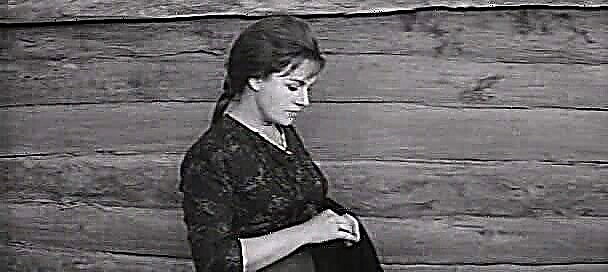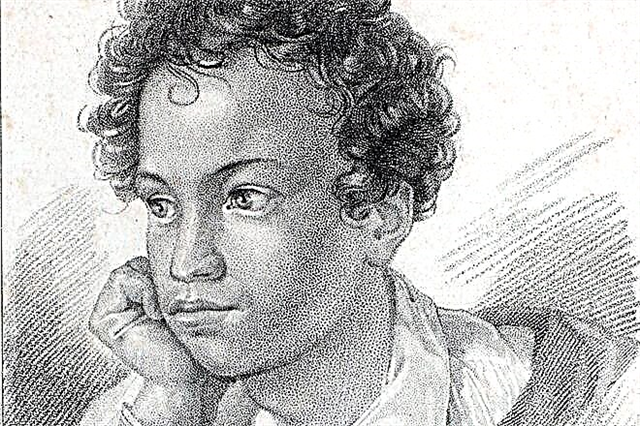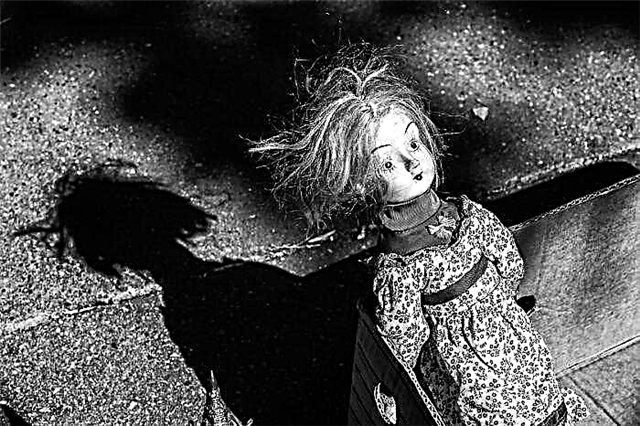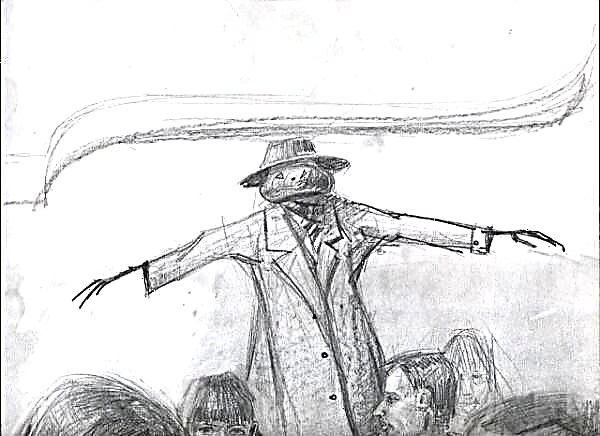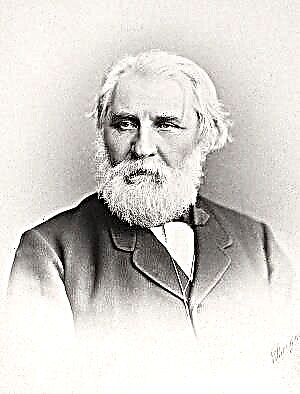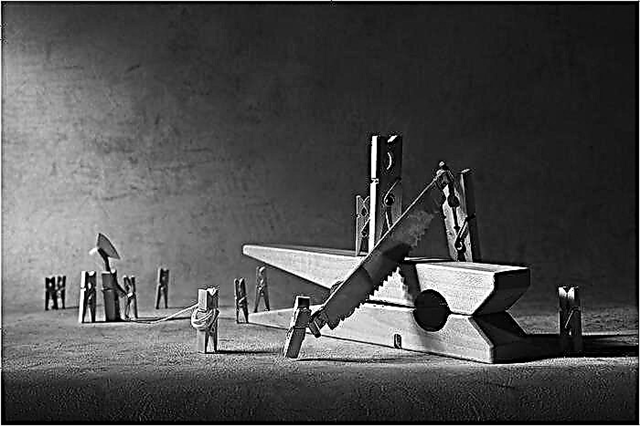In the 60s. XVIII century Stepan Mikhailovich Bagrov, the grandfather of the storyteller (it is easy to guess that Aksakov is talking about his own grandfather), "began to live closely" in the Simbirsk "fatherland" of various places.
Stepan Mikhailovich did not receive an education, but "his natural mind was healthy and bright," he is certainly fair and an excellent master: the peasants loved him.
In the Ufa governorate (later - the Orenburg province) many for a song, for treating the Bashkir elders, received the richest lands; Bagrov did not want to use the simplicity of the Bashkirs and honestly bought five thousand acres of land on Buguruslan. The then Orenburg province, “unbroken” by people, Aksakov describes with enthusiasm and detail; already in the middle of the XIX century. she was not the same.
It’s hard for the Bagrov peasants to move from their father’s graves to the Busurman side; but an unheard-of crop harvested in a new place soon comforted them. Immediately put the mill: the whole village did not sleep before that night, "there was something <...> solemn" on all faces, dozens of people together, with a "continuous cry" occupied the capture ...
Both the landowner and the peasants fell in love with the new Bagrovo. Old Trinity was waterless: people have already managed to destroy the forest lakes and the Main river. With Bagrov’s light hand, the resettlement increased, neighbors appeared for whom Bagrov became a “true benefactor”, helping with bread in the hungry years, resolving quarrels. And this kind person sometimes became a “wild beast” during outbursts of anger, caused, however, by serious reasons, such as deceit: he, almost insane, could not be recognized when he brutally beat his wife Arina Vasilyevna, yard daughters and even daughters.
The whole chapter is devoted to the life of the Bagrovs' house on one of the bright days of Stepan Mikhailovich: Aksakov admires the smallest details, describes the grandfather's upper chamber and the arrangement of the old frame, the squeak of mosquitoes that the author even loves because they remind him of his childhood ... Wife and daughters are glad that the owner woke up cheerful: their love for Bagrov was mixed with fear, they subservient to him and immediately deceived him not as relatives, but almost as servants. The owner spends the day on the field, in the mill, and remains satisfied; in the evening on the porch he looks at the dawn that does not fade for a long time and is baptized before bedtime at the starry sky.
The second excerpt from Family Chronicle, Mikhail Maksimovich Kurolesov, is dedicated to the dramatic story of Praskovya Ivanovna Bagrova, cousin of Stepan Mikhailovich. For a rich fourteen-year-old orphan, Major Kurolesov took care of him, “the goose is cinquefoil, the beast is striped,” as his subordinates called it. Kurolesov is handsome, intelligent, amiable and charmed both the girl and her relatives; Stepan Mikhailovich, the guardian of Parasha, with whom she lived, was alarmed by rumors about the major’s unconsciousness: “although he himself was passionate about rage, he could not stand people unkind, evil and cruel without anger”. In the absence of Stepan Mikhailovich, Parasha is extradited as Kurolesov, which was helped by Bagrov's wife and daughters; Bagrov’s returning anger is such that “the elder daughters were ill for a long time, but my grandmother did not have a braid and for a year she went with a band-aid on her head."
In marriage, Praskovya Ivanovna was obviously happy, she suddenly grew up and, incidentally, unexpectedly ardently fell in love with her cousin; Kurolesov became an exemplary landowner, all that was heard was that he was "strict."
When Kurolesov finally set up his household and he had free time, his wicked inclinations woke up in him: leaving his wife in Ufa villages, he drinks and debauches; worst of all, his need becomes to torment people; many died from his torment. With his wife, Kurolesov is quiet and amiable, she does not suspect anything. Finally, one relative informs her of the truth about her husband and about the serfs tortured by him, who by law belonged to Praskovya Ivanovna. A courageous woman, taking only a maid with her, goes to her husband, sees everything and demands that he return her power of attorney to the estate and henceforth do not look into any of her villages. A recent affectionate husband beats her up and throws her into the basement, wanting to force her to sign the deed of purchase for the estate. Faithful courtyards hardly get to Bagrov; arming the peasants and yard, Stepan Mikhailovich frees his sister; Kurolesov does not even try to keep the prey. A few days later he dies, poisoned by servants. To everyone’s surprise, Praskovya Ivanovna is very sad about him; forever left a widow, she led a life of “original” and independent; promises to leave his estate to the children of his brother
The third passage from the Family Chronicle is The Marriage of Young Bagrov. The storyteller’s mother, Sofya Nikolaevna Zubina, was an extraordinary woman: she lost her mother in adolescence; the stepmother hated her stepdaughter, clever and beautiful, and “swore that the impudent thirteen-year-old girl, the idol of her father and the whole city, would live in a girl’s, walk in a well-worn dress and endure impurity from under her children; the kind but weak father obeyed his wife; the girl was close to suicide. The stepmother died young, and the seventeen-year-old Sofia Nikolaevna became the mistress of the house; in her hands were five brothers and sisters and a paralyzed father; Nikolai Fedorovich did not leave the service — he was a deputy governor — and the daughter, in effect, did the work for her father. Having found teachers for the brothers, Sofia Nikolaevna herself studied very diligently; Novikov himself sent her “all the wonderful works in Russian literature”; lively, charming and domineering, she was the soul of Ufa society.
The narrator’s father, Alexei, the son of Stepan Mikhailovich, entered in the 1780s. to serve in the Ufa Upper Zemsky Court, was the exact opposite of Sophia Nikolaevna - shy, weak-willed and “complete ignoramus”, although kind, honest and clever, passionately fell in love with Sophia Nikolaevna at first sight and finally decided to ask for her hand and went to Bagrovo to get parental consent ; meanwhile, Alexey’s sisters, who had heard about Alexey’s love and didn’t want to see a new mistress in the house, managed to set Stepan Mikhailovich against Alexey’s possible marriage with a city fashionista, proud, poor and not-so-noble. Stepan Mikhailovich demanded that Alexei forget about Zubina; the meek son, obeying the will of the father, fell down in a nervous fever and almost died; returning to Ufa, he sent his parents a letter with the threat of suicide (as suggested by his son, the letter was at the same time quite sincere and taken from a novel); the frightened old man gave up.
The city did not believe that the brilliant Sofya Nikolaevna could become Bagrov's wife. She was not in love with Alexei Stepanovich, but appreciated his kindness and love for her; Anticipating the imminent death of her father, she thought with fear about the future and needed support. She frankly expressed all this to the young man before agreeing. Moral inequality between the bride and groom was discovered many times before the wedding, and Sofia Nikolaevna bitterly realized that she could not respect her husband; she was supported only by the usual female hope of re-educating him to her liking.
A week after the wedding, the young left for her husband's parents. In the "too simple house of the village landowners" the guests were waited anxiously, fearing that the city daughter-in-law would "condemn, ridicule." They immediately liked each other: the old man loved smart and vigorous people, and Sofya Nikolaevna from all of Stepan Mikhailovich’s relatives was the only one able to appreciate him: the daughter of a weak father, she had never met a person who not only acted directly, but also always told the truth ; she even more loved her husband, seeing him as the son of Stepan Mikhailovich.
Meanwhile, the difference between the nature of Alexei Stepanovich and Sophia Nikolaevna was revealed: for example, the husband’s love for nature, his passion for hunting and fishing annoy his wife; passionate and lively, Sofya Nikolaevna often falls upon her husband with unjust reproaches, and just as passionately later repents and caresses her husband; and the husband soon begins to frighten outbursts of anger and tears of repentance of his wife; finally, jealousy, "still without a name, without an object," begins to torment Sofya Nikolaevna. Stepan Mikhailovich notices this and tries to help with advice to both.
Having returned to Ufa, Sofia Nikolaevna realizes that she became pregnant; this leads to the great joy of Stepan Mikhailovich, who dreams of continuing the ancient Bagrov family. Sophia Nikolaevna is suffering a pregnancy painfully. Then the footman Kalmyk, who was following her paralyzed father, decided to survive the mistress from the house in order to freely rob the sick old man; Kalmyk calmly insults her, Sofya Nikolaevna demands from her father: “Choose whom to expel: me or him”; and father asks to buy another house for himself. A shocked woman loses consciousness. Here for the first time it turns out that the weak and simple Alexei Stepanovich, who in normal times is not able to "satisfy the subtleties of his wife's requirements", can be a support in difficult moments.
A daughter is born. Sofya Nikolaevna in love for her comes to insanity; in the fourth month, the child dies of his parent, the mother herself dies of grief: in the summer in the Tatar village she is treated with koumiss.
A year later, a long-awaited son, Sergey, the narrator of the Family Chronicle (Aksakov himself) is easily born to a later-born woman. Even the Bagrovs' servants “became intoxicated with joy, and then of wine”; a German doctor says about him: “What a happy boy! how glad everyone is to him! ” Grandfather counts the days and hours until the birth of a grandson, the messenger jumps to him on variables. Upon learning the news, grandfather solemnly enters the name of Sergei in the Bagrov family tree.
The Chronicle ends with an explanation of the creative principles of the author; he turns to his characters: "You are not great heroes <...> but you were people <...> You were the same characters of the great world-wide spectacle <...>, like all people, and the memories are worth it."

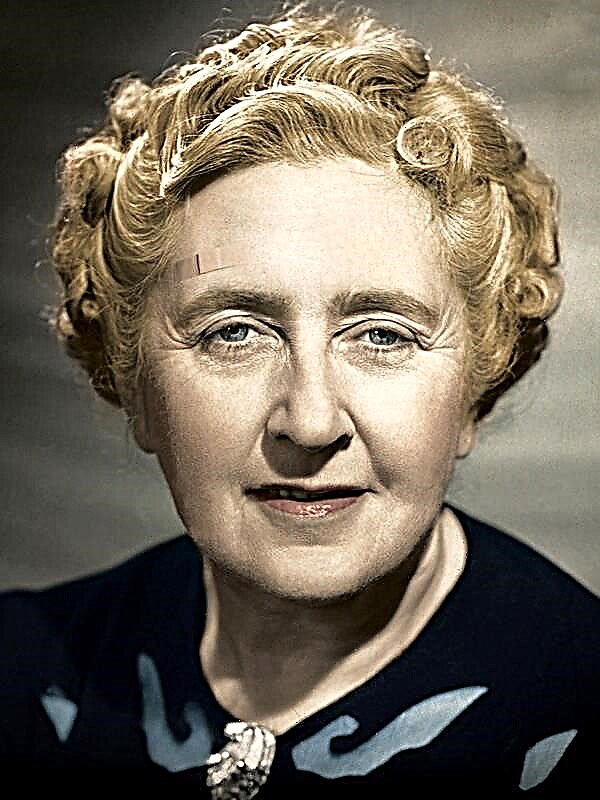


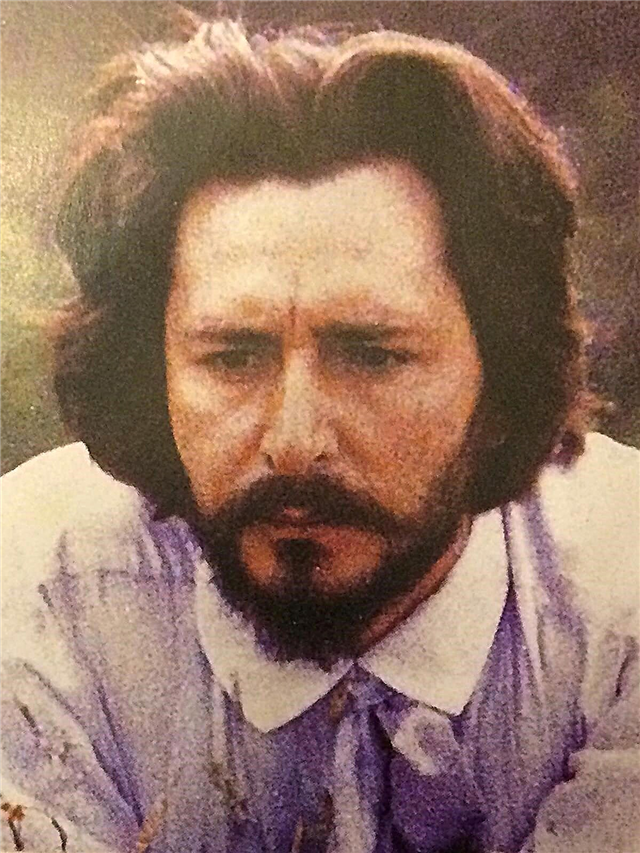
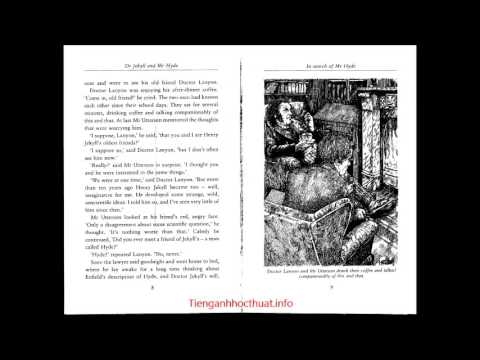 Marianne's Life
Marianne's Life